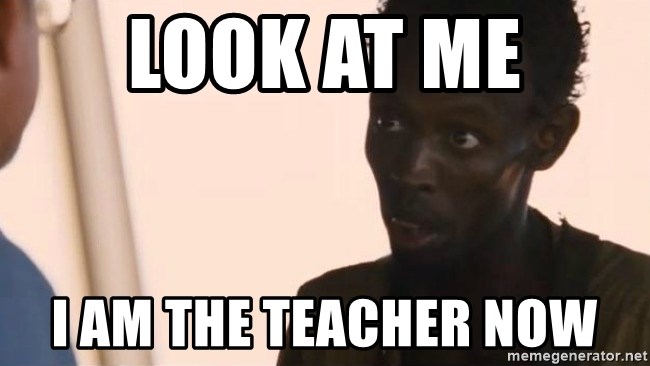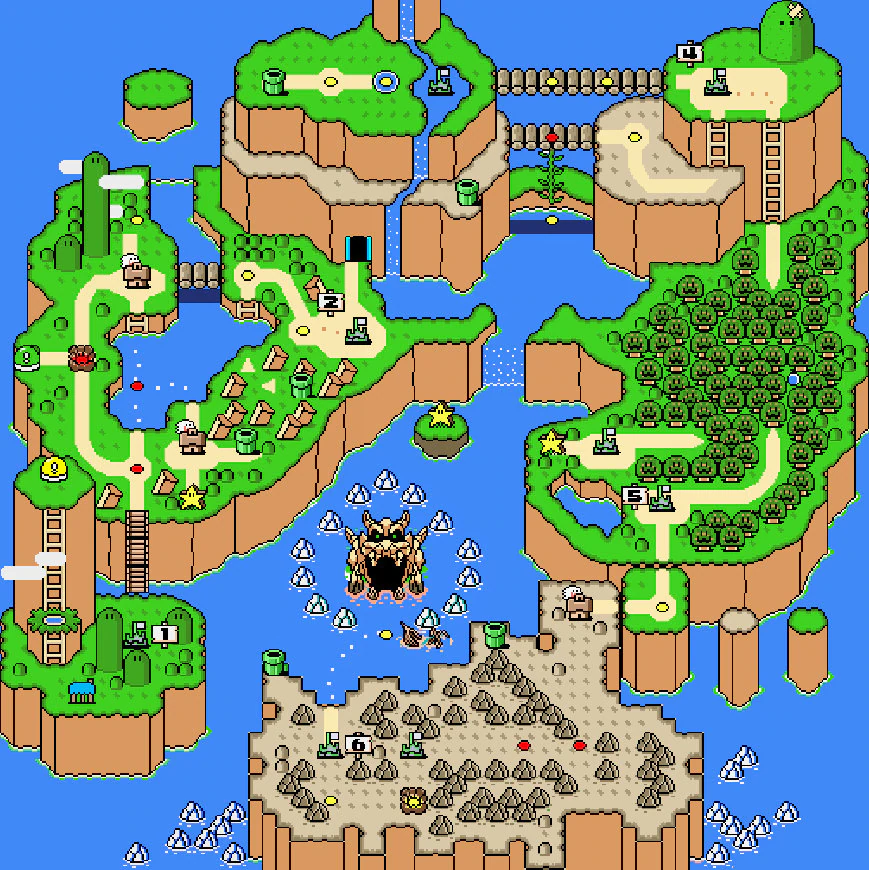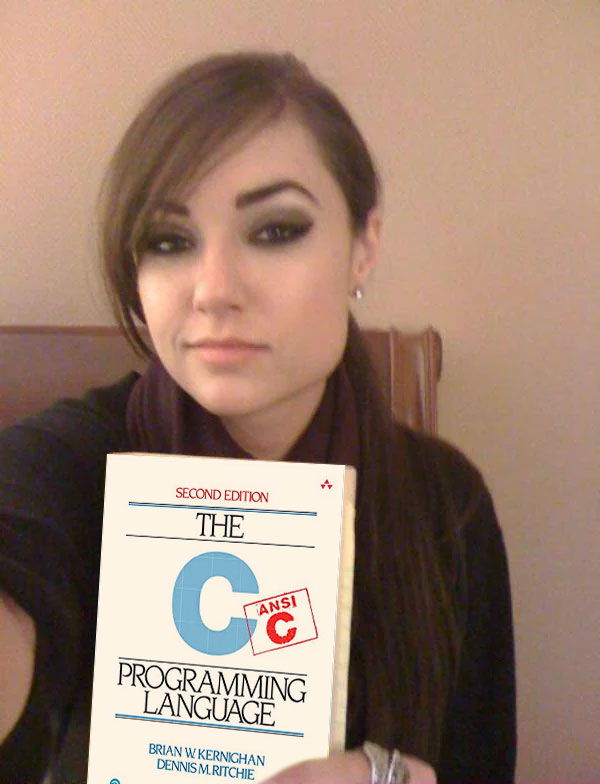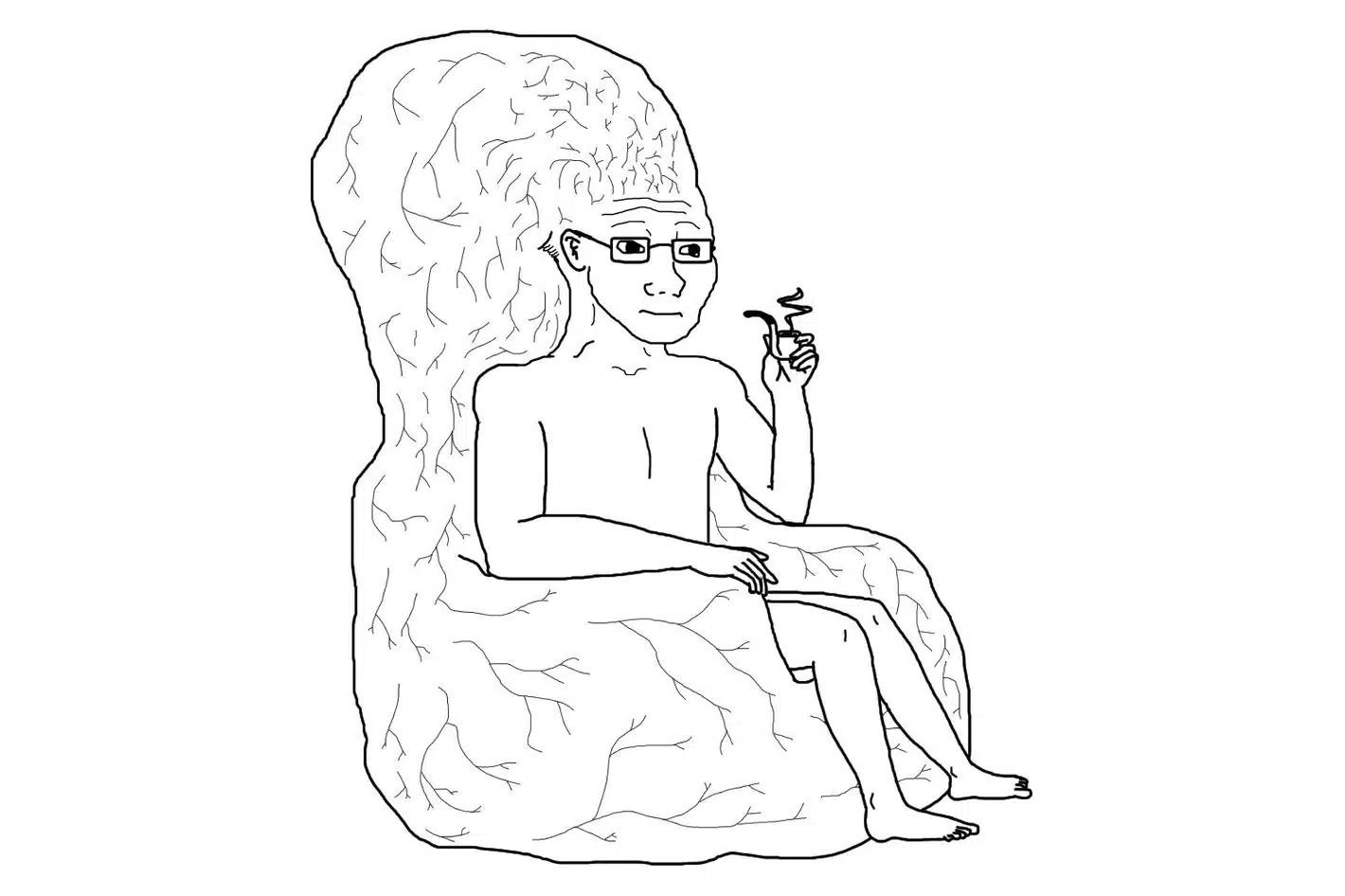2023-09-29.18-56-59.mp4
My name is Michael, I came with 20 years of experience and while I have a little bit of free time I like to mentor people. In this short document my goal is to tell you exactly how to learn, whatever you want to learn and rewrite whatever nonsense they've told you in schools. Let's begin!
So, where to begin?
I bet that the first thing that you want to know is what you want to learn.
You should research what organisations need. Changes often don't occur so rapidly. Reason for that is that organisations, regardless of what they actually say, really don't like to invest billions in upgrading the skillsets of their existing employees. Also, we normally have a lot of old systems and code. To refactor them every time a new framework or idea comes to market just wouldn't be financially viable.
So grab your LinkedIn account by the...ears (?) and do your research.
Visit roadmaps.sh. For instance, pick "Frontend Developer" and go to town.
Click around and mark things down that you know. After that, get on read'n this article.
So, you learn by adding things to your understanding. That's great!
By learning C first, and then progressing to C++, you will find yourself on the fast lane to comprehending any other popular programming language.
Get an Arduino or RaspberryPi. If your goal is to solely learn C++, buy an Arduino. If you want to learn a bit of LINUX along the way, buy RaspberryPi.
People learn in different ways. I'm not really a specialist in this, but I can tell you how many geeks do it efficiently.
After you know what you want to learn, you need to break it down into really small chunks. For instance, if you want to learn how to cook an egg, learn first how much oil you need to throw on the pan. If your topic is covered by roadmaps.sh, great - the big chunk of that task has been done for you. If it isn't, try to find a road-map or a great Youtube tutorial (see How to Learn from Youtube) that will guide you step by step (normally it shouldn't be too old, not too long and you should have something to put on your Github after you are finished).
So, after you know exactly what you need to learn next, go to Youtube (see How to Learn from Youtube), ask ChatGPT, Medium article or read documentation. Try to avoid Udemy and Lynda, since courses there are just too long. If you decide to take the Udemy route, look for courses that are popular and short. Don't buy massive courses. You will never finish them.
The final boss of getting better at learning should be the ability to learn directly from documentation. Learning that way is the freshest kind of learning that you can get.
I hope that you've enjoyed this short article.
Next, it's important to grasp the optimal way for you to learn quickly. I've seen people that learn by reading, but I am more of a 'video and code examples' kind of guy.
Getting to know yourself and your ability to learn will definitely pay you back big time in the future.
There is a word to be said on how much you can learn and what should be a final product.
A normal geek who is used to sitting in front of the computer for a whole day is capable of learning a maximum of about 3 hours a day, IMHO. More than that and you are not efficiently absorbing the information that you get. It's also about staying consistent, learning every day and not just sitting in front of tutorials for 20 hours straight.
My strategy is learning 1 hour a day, every day.
Final product should always be a project. That way you can put that on your CV and companies will love it.
A word on what companies are looking for (but I will go into this into another article); Companies mostly look for people who know how to build products on their own, know how to learn, do what they do from the heart and most importantly, can generate profit for them quickly.
Good luck!
You might like to know How to Learn from Youtube.







